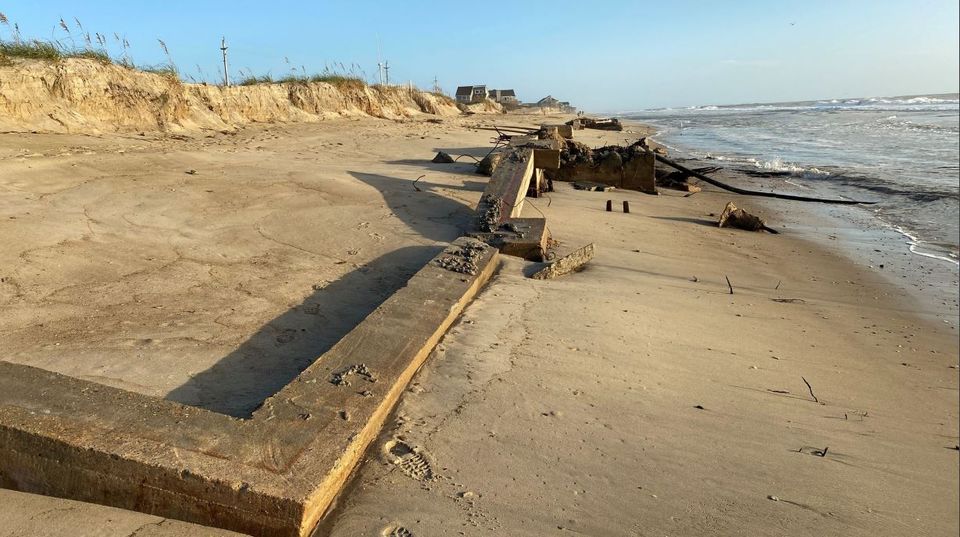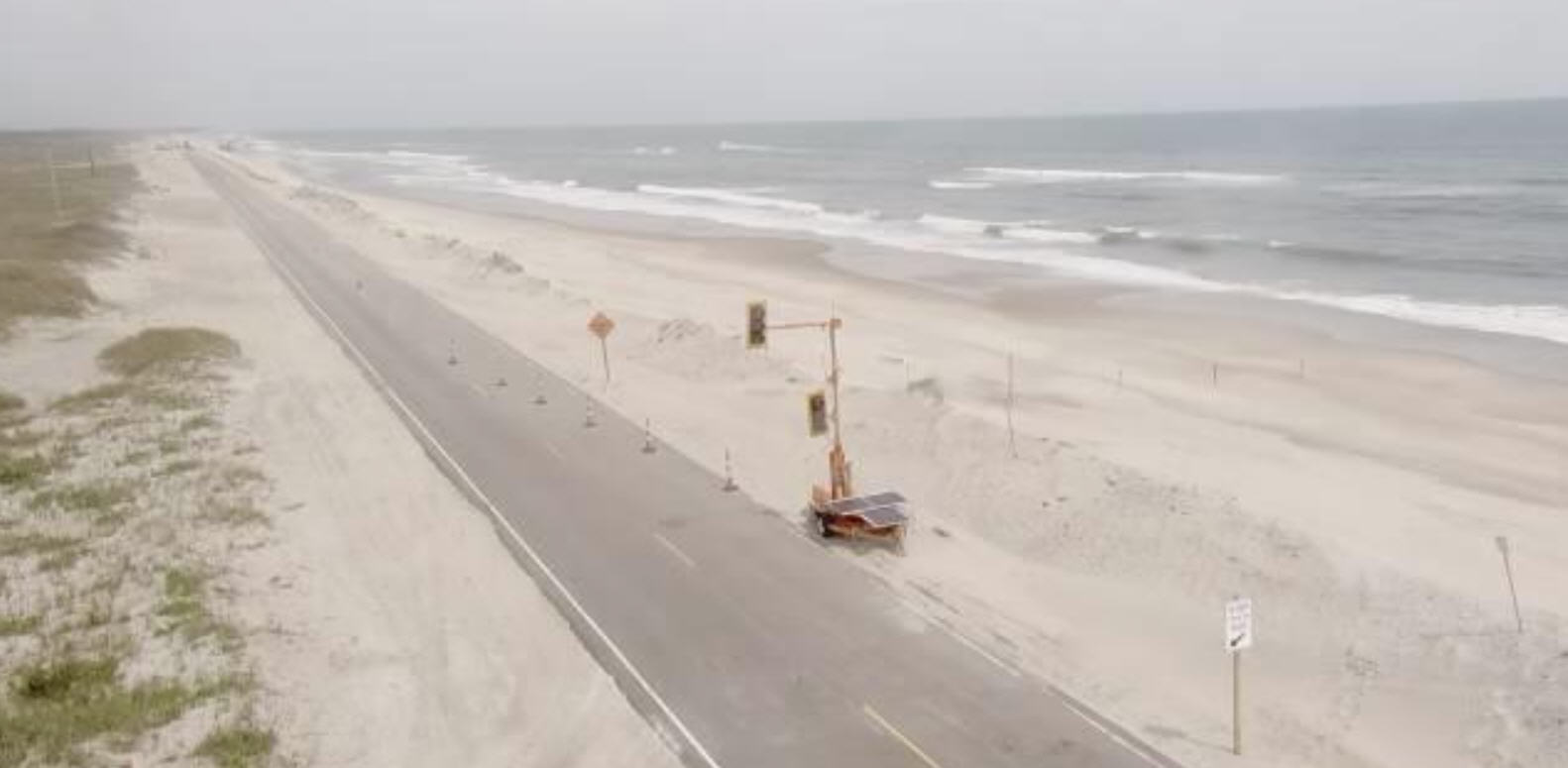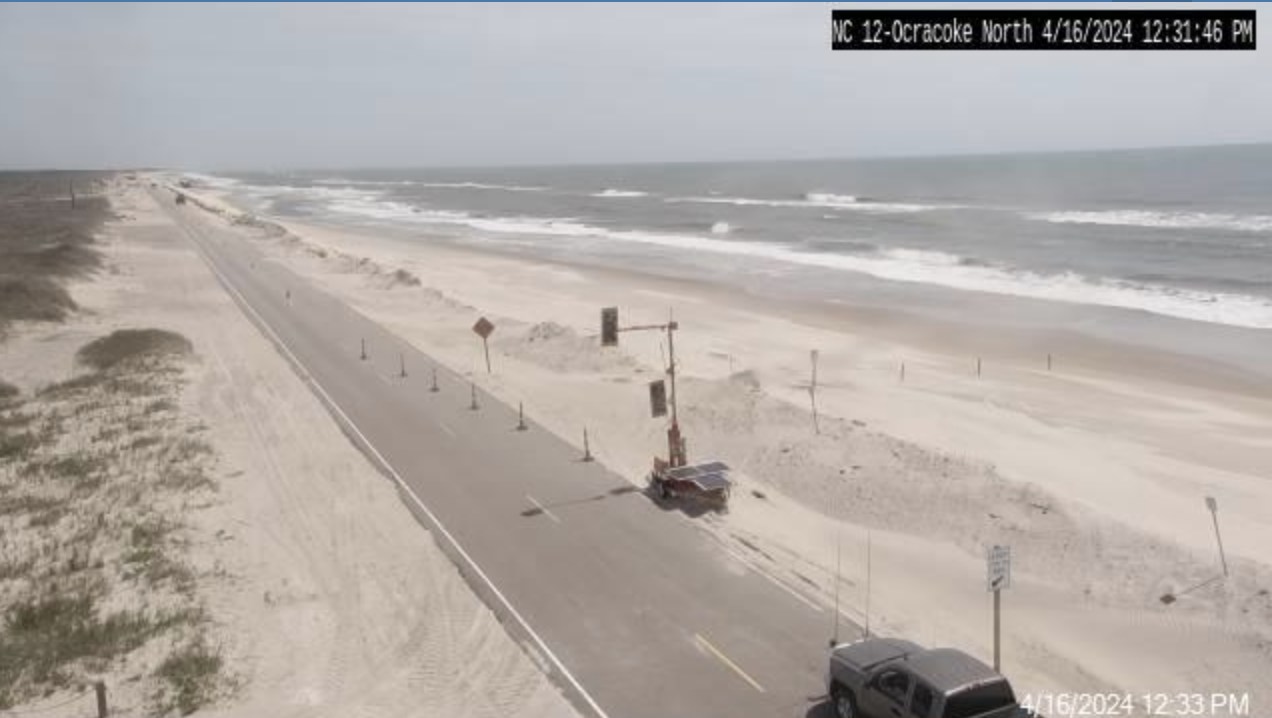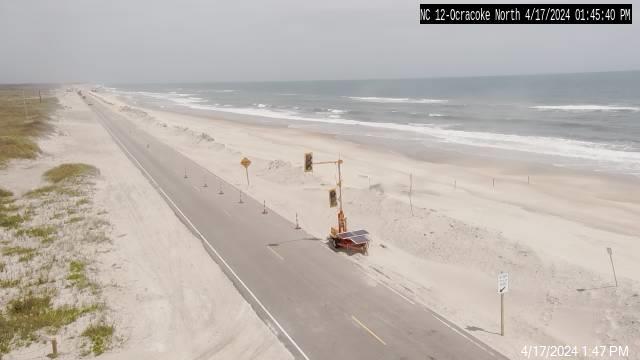Legislative Update: House slows up, while Senate moves full steam ahead
Work on the budget slowed down in the General Assembly this week after several Republican House members left on Wednesday to attend the American Legislative Exchange Council, ALEC, meeting out of state. House Speaker Tim Moore, like his predecessor Thom Tillis, also attended the conference.
But while the House slowed work up, the Senate moved full steam ahead on a long list of bills that had been sitting in various committees.
One bill that has drawn very vocal opposition is House Bill 562, which expands the areas in which concealed weapons can be carried. A district attorney, elected clerk of courts, magistrate, register of deeds, assistant district attorney, judge and a district attorney’s investigator may now have a concealed weapon in the courtroom. Loaded weapons owned by those who have concealed weapons permits may be locked in their vehicles on college campuses.
Those who attend the North Carolina State Fair with concealed weapons permits will not be allowed into the fairgrounds with weapons and must leave their firearms either in a locked car or turn it in before entering the fairgrounds. This provision was added at the insistence of Agricultural Secretary Steve Troxler, who has said in a television interview that he didn’t want concealed weapons present in the throngs of fair attendees. The bill will now go before the Senate for its second and third readings.
HB 765, the Regulatory Reform Act of 2015, was amended nine times before being sent back to the House for concurrence. A House committee refused to rubber stamp the bill, and it is now heading for a joint conference committee. The bill, if signed into law, would weaken regulatory control over environmental issues and covers a broad range of nonrelated issues ranging from manufactured housing to confidentiality of internal environmental audits conducted by businesses.
The bill also includes a provision that in some civil cases in which the state or one of its agencies is involved, the judge may award attorney fees to the party that prevails against the state. However, if the state is the prevailing party, the other party must pay the state’s legal fees.
HB 553 removes local government authority to enact ordinances that deal with the care of farm animals. The bill states: “Notwithstanding any other provision of law, no city ordinance may regulate standards of care for farm animals. For purposes of this section, ‘standards of care for farm animals’ includes the following: the construction, repair, or improvement of farm animal shelter or housing; restrictions on the types of feed or medicines that may be administered to farm animals; and exercise and social interaction requirements. For purposes of this section, the term ‘farm animals’ includes the following domesticated animals: cattle, oxen, bison, sheep, swine, goats, horses, ponies, mules, donkeys, hinnies, llamas, alpacas, lagomorphs, ratites, and poultry flocks of greater than 20 birds.”
HB 334 is an attempt to move the oversight of charter schools from under the N.C. Department of Public Instruction and place it under the State Board of Education. Opponents of the bill say that it is an attempt to remove all oversight from the tax-funded schools. Although the schools are considered nonprofits, they frequently are owned by for-profit corporations. Funding for charter schools is taken from the budget of the school district in which they are located. The private entities also may claim for their own use any property owned by the local school district but not in use.
As an example, if a local school system has 4,000 students and the charter school has 400, the local school system must hand over 10 percent of its budget revenues, including both state appropriations and local supplements. Because of the perceived possibility that charter schools could drain local public school budgets, a statewide cap was set on the number of such educational entities that could be created in the state. Last year, the General Assembly removed that cap, and the numbers have been quickly increasing.
One bill seeks to aim to catch up to today’s technology. HB 792, Privacy Protection from Revenge Posting, if enacted into law, will make it a crime to use photos or videos to post online in an act of revenge if the person who is the object of the picture or video had an expectation of privacy. If the picture or video is of genital areas or sex acts, it will be a felony to use them for such a purpose.
The bill states: “A person is guilty of a Class H felony if, with the intent to coerce, harass, intimidate, demean, humiliate, or cause financial loss to the depicted person, or with the intent to cause others to coerce, harass, intimidate, demean, humiliate, or cause financial loss to the depicted person, the person knowingly discloses an image of another person who is identifiable from the image itself or information offered in connection with the image, and whose intimate parts are exposed or who is engaged in sexual conduct, when the person knows or should have known that the depicted person has not consented to such disclosure and under circumstances such that the person knew or should have known that the depicted person had a reasonable expectation of privacy. In addition, the court may order the destruction of any image made in violation of this section.”
(Sandy Semans is a retired newspaper editor and reporter who now works as a free-lance writer. She lives in Stumpy Point. Her update on the goings-on in this session of the General Assembly will appear weekly in The Island Free Press, usually on Friday.)
PREVIOUSLY PUBLISHED 2015 LEGISLATIVE UPDATES
First bill filed would prohibit condemning property for economic development
Legislative Update: And they are off — sort of
Legislative Update: The gold rush in Raleigh is underway
Legislative Update Most Bills Moving At Snails Pace But One Achieves Warp Speed
Legislative Update: Humor unleashed in the General Assembly
Legislative Update: Lawmakers made hay while the sun was shining
Legislative Update: Bill on dredging causes local turmoil
Legislative Update: 156 new bills filed this week
Legislative Update: Lawmakers keeping busy in Raleigh
Legislative Update: It was raining bills all week
Legislative Update: Bill on dredging causes local turmoil
Legislative Update: Occupancy tax provision is out of dredging bill
Legislative Update: Lawmakers take aim at N.C. Constitution
Legislative Update: More taxes and Constitutional amendments proposed
Legislative Update: Lawmakers racing the clock to get bills moved
Legislative Update: Rushing to meet the ‘crossover’ deadline
Legislative Update: A week of committee work in Raleigh
Legislative update: New taxes for fishermen and new purpose for occupancy taxes
Legislative Update: Bill aims at opportunities for Oregon Inlet Lifesaving Station
Legislative Update: Two days, two vetoes
Legislative Update: Sales tax redistribution bill gets more traction
Legislative update: Sales tax redistribution is back, will still hurt Dare
Legislative Update: Senate passes its version of state budget
Legislative Update: Budget conference committee faces challenges
Legislative Update: Hurry up and wait time in Raleigh
Legislative Update: Open government laws are a mixed bag
Legislative Update: Some bills moving forward, others stuck in committees




















